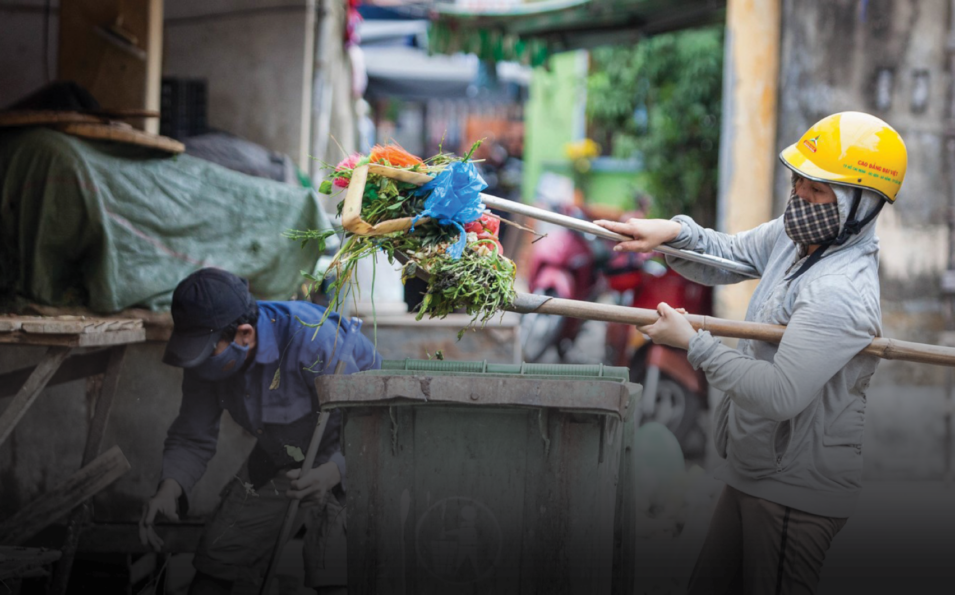Cities house more than half the world’s population and account for three-fourths of global economic activity. Yet rapid urbanization means that many cities are growing faster than their government’s ability to manage them. As a result, cities face major challenges due to rapid population growth, increased pollution, the impacts of a degraded environment, and unsustainable patterns of development. Negative consequences include polluted air and water, mismanaged waste, increased flooding and heat waves, and poor public services.
Urban systems that provide waste management, water and sanitation, energy, transport, and other necessities need strengthening through a comprehensive and integrated approach that reduces pollution, lessens urban pressure on natural resources, and increases resilience to climate change.
USAID works to improve the systems that deliver these critical services in cities and strengthen resilience and self-reliance. This includes enhanced governance of municipalities and utilities to adopt the inclusive management of natural resources; strategic, transparent, and inclusive planning processes; and innovative partnerships, including with the private sector.
Focus Areas
Pollution
Air pollution is the single-largest environmental health risk, causing nearly seven million deaths around the world annually. Mismanaged municipal waste is another major challenge: the majority of plastic in the ocean comes from coastal cities in the developing world, while the burning of trash and the mishandling of toxic waste significant health concerns. Mismanaged urbanization and industrialization threaten the quality of soil and water, as they pollute local waterways and groundwater resources. USAID works collaboratively with cities and local governments on integrated solutions to these problems, addressing systemic, root causes, promoting locally led solutions, and engaging with the private sector.
Climate Change: Mitigation, Adaptation, and Resilience
View the USAID Climate Strategy 2022-2030 Resource Page here.
Climate change impacts cities in a variety of ways, from sea level rise and increases in extreme weather events to the spread of tropical diseases. As cities grow, they often become more vulnerable to the negative impacts of climate change due to greater population density, poor infrastructure, and proximity to hazard-prone coastal and river areas (90 percent of urban areas are coastal). Cities also contribute to climate change; seventy percent of greenhouse gases come from cities. In response, USAID focuses on win-win solutions that provide climate change-related benefits while meeting sustainable development objectives. Measures to help address climate change mitigation and adaptation concerns and foster greater resiliency include integrated urban planning, improved energy systems, and public transportation infrastructure. USAID works to “climate proof” urban services to withstand flooding, storm surges, landslides, cyclones, and sea level rise, and supports risk assessments help to identify areas most vulnerable to these climate change impacts.
Energy
Cities consume approximately 70% of global energy, yet hundreds of millions of people urban dwellers lack access to electricity and are unable to afford cleaner, safer fuels, which impacts human health and local air quality. USAID helps strengthen power systems and expand access to modern energy services. This improves people’s well-being across a wide array of sectors including health, education, and economic growth.
Biodiversity
Many decisions made by city inhabitants directly affect biodiversity. Consumption and resource demands from urban and peri-urban areas are major contributors to biodiversity loss. USAID works with the private and public sectors, civil society, and academia to leverage resources and skills that can magnify conservation and development results and harness innovations in science and technology. In addition to work in biologically significant areas, USAID works in cities to strengthen policies, raise public awareness, and tackle challenges like wildlife trafficking.
Key Resources
See All ResourcesUSAID SELARAS Fact Sheet
Developing Integrated Solid Waste Management Plans to Advance Circular Economies
Program for Local and Urban Sustainability: Greenhouse Gas Mitigation Opportunities for USAID Solid Waste Sector Activities
Program for Local and Urban Sustainability: Greenhouse Gas Emissions Measurement and Reporting Guide
A Plastic Recycling Center Opens in Kaduwela
Urban Programs in the Philippines: A Snapshot
Advancing Capacity for the Environment (ACE) Fact Sheet
Green Cities Podcast Series
Insights & Updates
See All Insights & Updates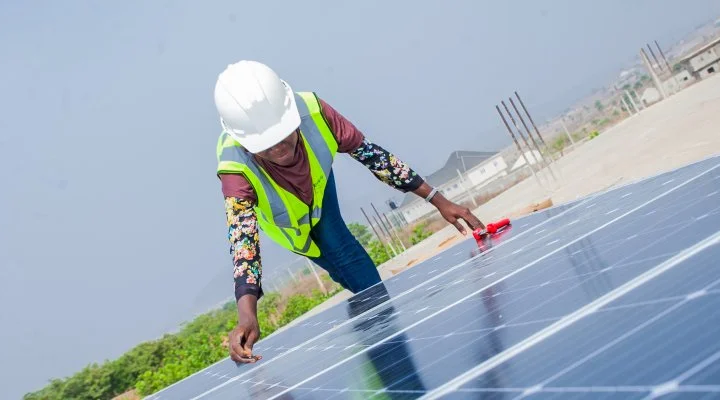
Clean Energy, Clean Air
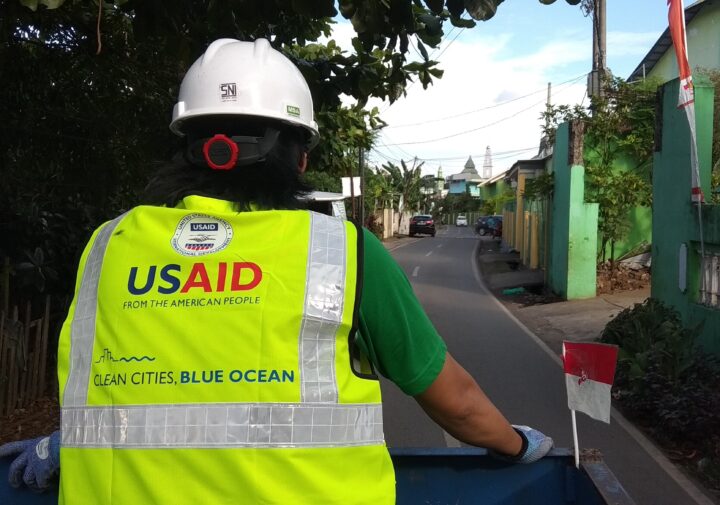
Clean Cities, Blue Ocean Indonesia: From Ocean Pollution to Lasting Solutions
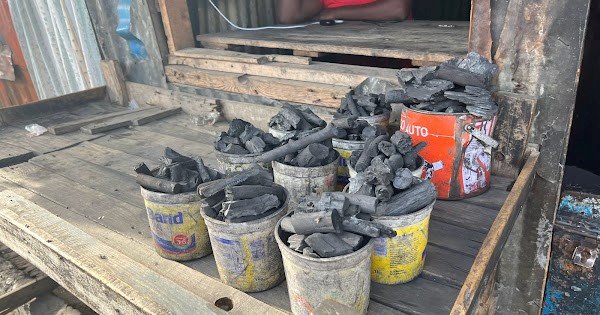
Charting the Course for Gender-Responsive Clean Air Action in Nairobi
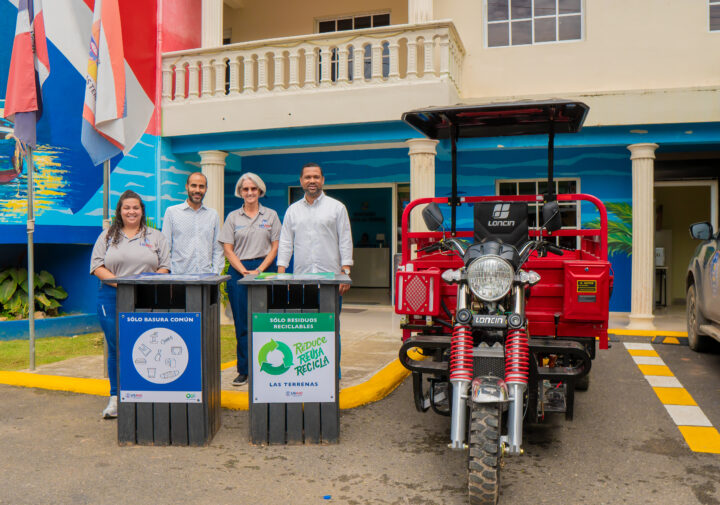
USAID Donates Essential Equipment for Waste Management in Samaná
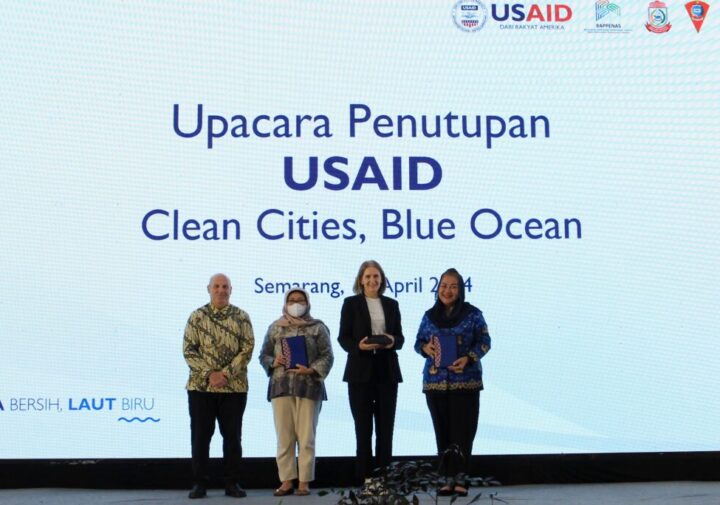
United States and Indonesia Celebrate “Clean Cities, Blue Ocean” Collaboration to Reduce Plastic Pollution
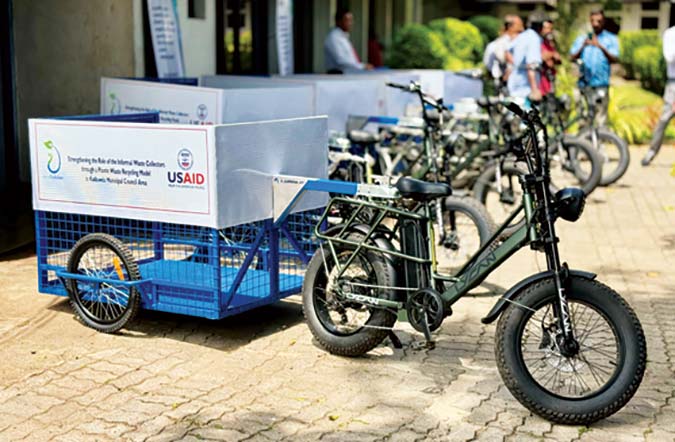
USAID and Lumala Revolutionize Waste Management Practices in Sri Lanka
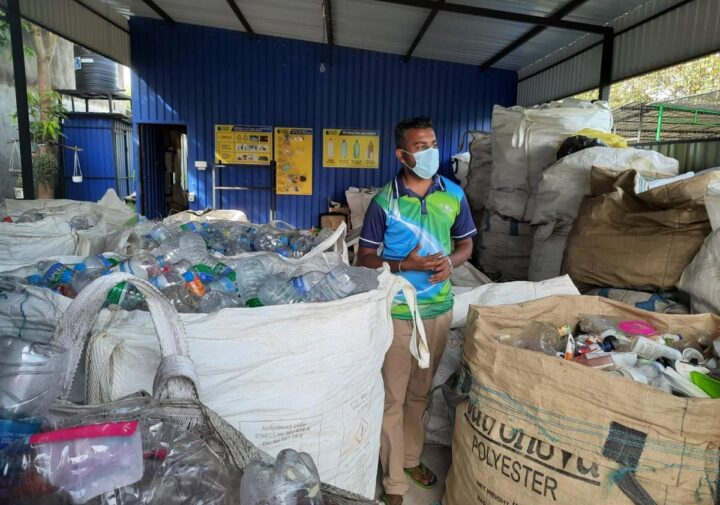
USAID’s Clean Cities, Blue Ocean Program Helps Prevent Over 4,600 MT of Plastic from Entering the Ocean
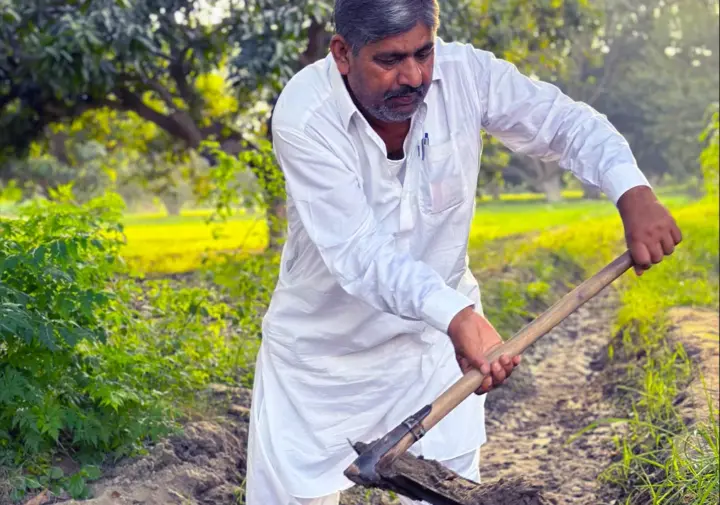
Making Power Smarter in Pakistan
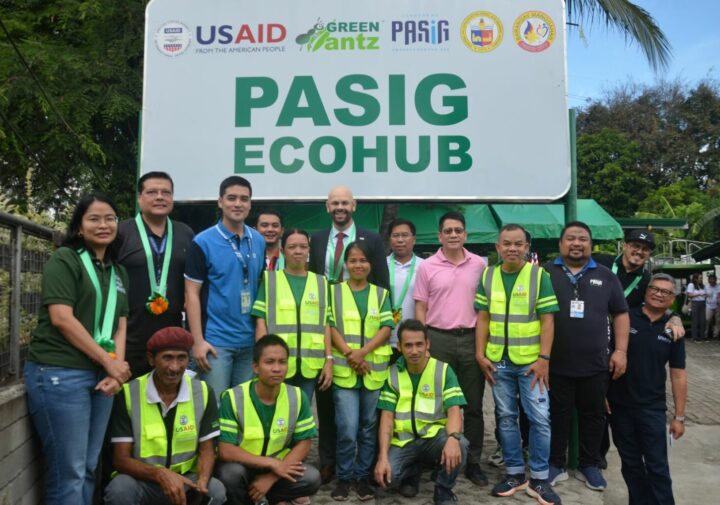
U.S. Inaugurates Php 14-Million Modern Recycling Facility in Pasig City
Projects
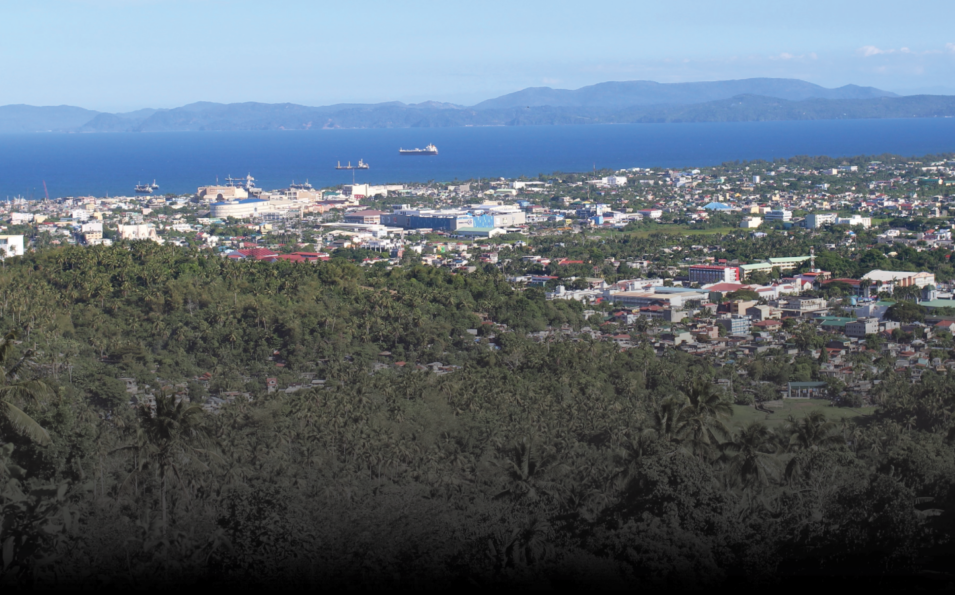
Strengthening Urban Resilience for Growth with Equity (SURGE) Project
